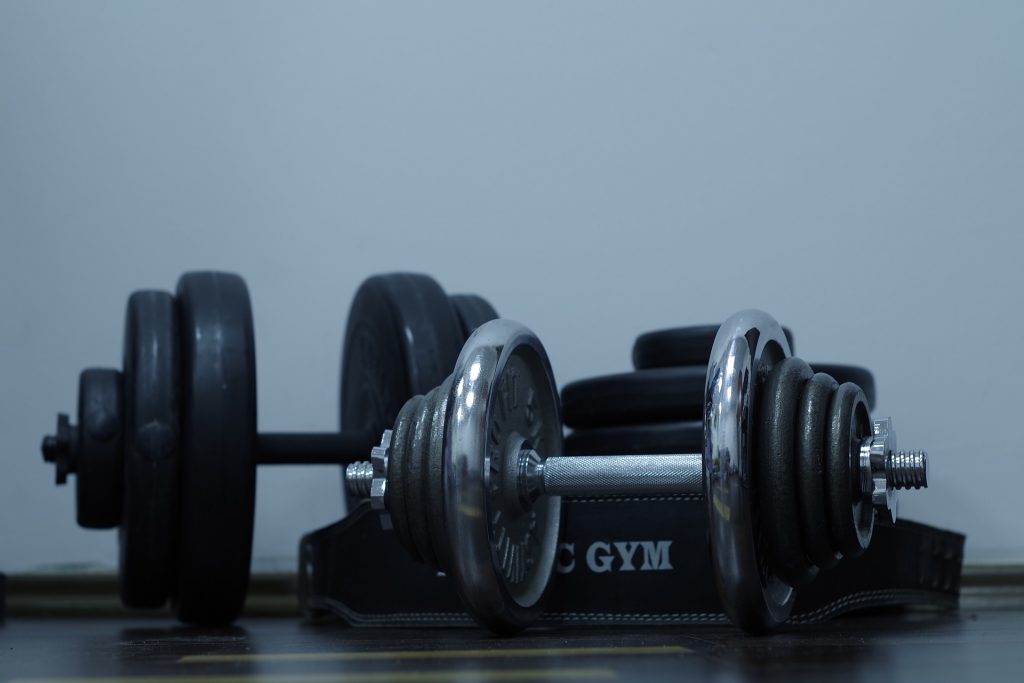 Creatine is a popular dietary supplement. Creatine monohydrate supplements, usually taken as a powder, increase skeletal muscle stores of creatine, and this in turn increases the total cellular capacity to resynthesise phosphocreatine during intense short duration exercise. Creatine is synthesised endogenously from glycine and arginine to form guanidinoacetate, and this is then methylated by S-adenosylmethionine (SAM) to form creatine. Endogenous creatine synthesis accounts for around 50 % of SAM derived methyl groups. In addition, SAM is also an important methyl donor of homocysteine, and in this way SAM regulates plasma levels of homocysteine. Creatine supplements may therefore decrease the requirement for SAM in creatine synthesis and therefore increase the SAM available for homocysteine methylation, thus reducing homocysteine levels. To test this hypothesis human subjects have were administered creatine supplements while having their homocysteine and guanidinoacetate levels monitored in a double blind study.
Creatine is a popular dietary supplement. Creatine monohydrate supplements, usually taken as a powder, increase skeletal muscle stores of creatine, and this in turn increases the total cellular capacity to resynthesise phosphocreatine during intense short duration exercise. Creatine is synthesised endogenously from glycine and arginine to form guanidinoacetate, and this is then methylated by S-adenosylmethionine (SAM) to form creatine. Endogenous creatine synthesis accounts for around 50 % of SAM derived methyl groups. In addition, SAM is also an important methyl donor of homocysteine, and in this way SAM regulates plasma levels of homocysteine. Creatine supplements may therefore decrease the requirement for SAM in creatine synthesis and therefore increase the SAM available for homocysteine methylation, thus reducing homocysteine levels. To test this hypothesis human subjects have were administered creatine supplements while having their homocysteine and guanidinoacetate levels monitored in a double blind study.

Creatine supplements may decrease endogenous synthesis of creatine, through reduction of the formation of the intermediate guanidinoacetate. However, despite utilising 50 % of the SAM derived methyl groups, endogenous creatine supplements do not lower homocysteine levels, suggesting that SAM methylation capacity is not a limiting factor in homocysteine regulation.
The results of the study showed that plasma guanidinoacetate was significantly reduced with creatine supplementation. However, there were no reductions in plasma homocysteine concentrations with creatine supplementation. Those receiving creatine with additional folic acid did however experience a significant reduction in plasma homocysteine, with folic acid supplements being shown previously to lower plasma homocysteine levels. Therefore creatine supplementation may not reduce plasma homocysteine levels, but may reduce plasma guanidinoacetate levels, suggesting that endogenous creatine synthesis is reduced by dietary creatine supplementation. This may have implications for those who supplement with creatine monohydrate, as a lag time may exist between cessations of supplementation and a return to normal endogenous synthesis rates. The most effective way to reduce plasma homocysteine however remains the use of the B vitamins folic acid, pyridoxine and cyanocobalamin.
Eat Well, Stay Healthy, Protect Yourself
RdB
